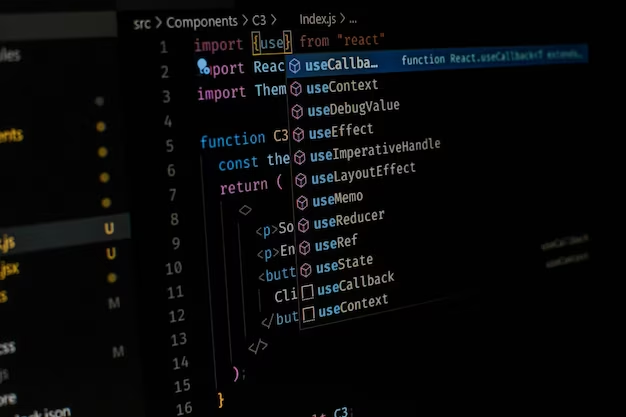
Introduction to Variable Argument (Varargs) in Java
Variable Argument, commonly known as Varargs, is a Java feature that simplifies method overloading by allowing multiple values of the same type to be passed as arguments. It is particularly useful when the number of arguments is not predetermined. Varargs should be the final parameter in a method’s parameter list and can be used in both methods and constructors.
Syntax of Varargs in Java
The syntax for declaring a Varargs parameter in Java is as follows:
| Access_specifier Non_Access_specifier return_type methodName(type1 param1, type2 param2, datatype… varArgs) { // Method body return expression;|return;} |
This structure allows for a flexible number of arguments to be passed to the method.
Practical Example of Varargs
| package com.java4coding; public class VarargsDemo { public static void main(String… args) { System.out.println(“www.java4coding.com”); } void methodWithVarargs(String s, int… numbers) { for (int number : numbers) { System.out.println(number); } }} |
This example demonstrates how Varargs can be used to pass a variable number of integer arguments to a method.
Method Overloading with Varargs
Varargs allows for the overloading of methods that accept a variable number of arguments. For instance, a method with a Varargs parameter can be overloaded multiple times, each with different parameter types or additional parameters.
Understanding ofNullable in Java Streams
The ofNullable method in Java 9’s Stream API is a versatile tool for handling nullable objects in streams. Similar to Varargs, which simplifies method parameter handling, ofNullable streamlines the handling of potential null values in streams. It creates a single-element stream for non-null values and an empty stream for null values, thereby enhancing the robustness of stream operations.
Comparative Table: Varargs vs Traditional Parameter Handling
| Feature | Varargs in Java | Traditional Parameter Handling |
|---|---|---|
| Flexibility | Allows variable number of arguments | Requires fixed number of parameters |
| Syntax | Simplified syntax with ellipses (…) | Requires explicit parameter listing |
| Method Overloading | Reduces need for multiple method overloads | Requires separate methods for different parameter counts |
| Use Case | Ideal for methods with optional or variable number of arguments | Suited for methods with a fixed number of arguments |
Video Guide
To answer all your questions, we have prepared a video for you. Enjoy watching it!
Conclusion
Varargs in Java provide a flexible and efficient way to handle methods that require a variable number of arguments of the same type. Its ability to simplify method overloading makes it a valuable feature in Java programming, especially in scenarios where the exact number of arguments is not known in advance.